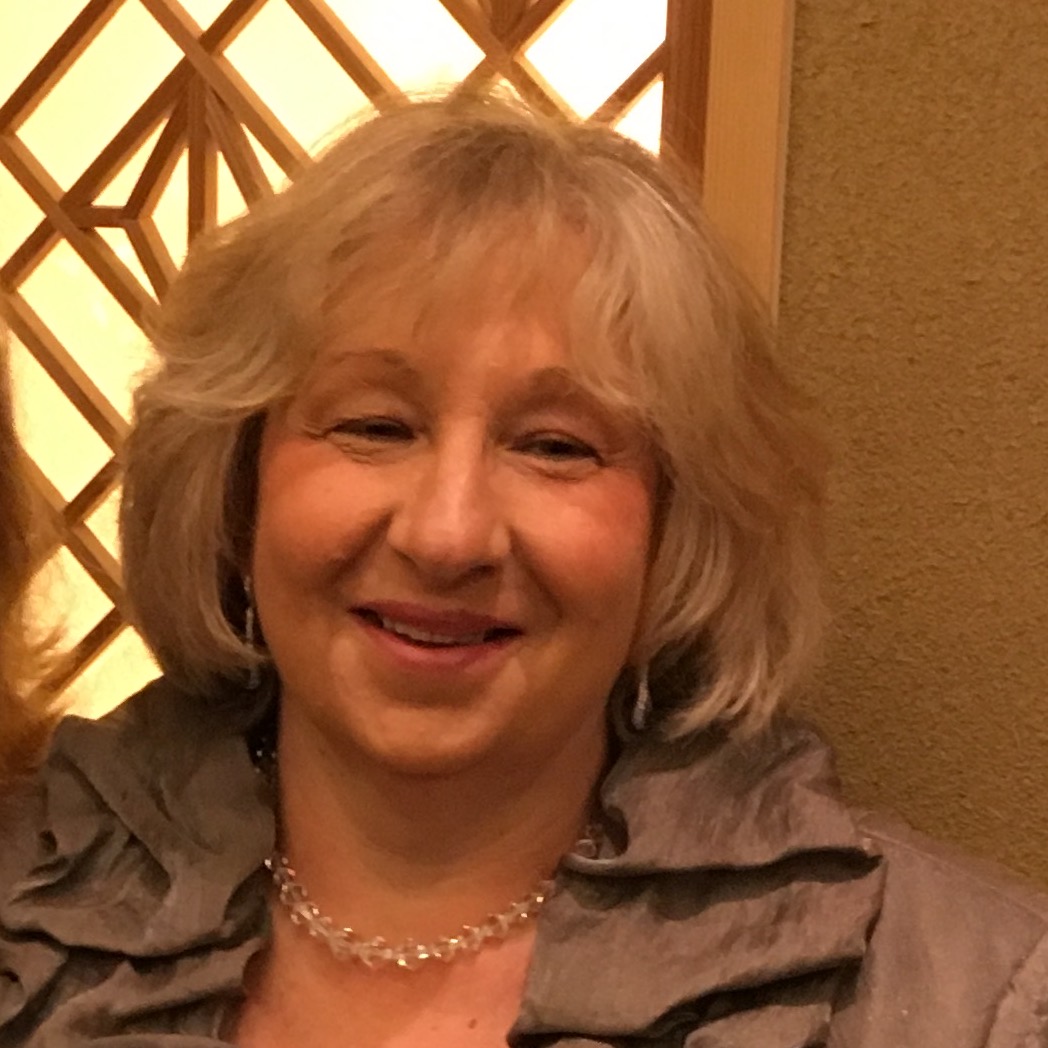I was receiving chemotherapy treatment for early-stage breast cancer in 2009 when I started having persistent chest pain. After several weeks of increasing pain, I called the oncology nurse practitioner, and she instructed me to get to the nearest emergency room.
I underwent a chest CT scan, which identified multiple blood clots in one of my lungs, or pulmonary emboli (PE). I never had any symptoms in my arms or legs. I was put on IV heparin, admitted overnight, and taught how to give myself Lovenox injections. I completed my final chemotherapy treatment, which had been scheduled for the week following my blood clot diagnosis.
I remained on some form of blood thinner medication for several years before my hematologist determined that I had a low risk for more clots.
Unfortunately, I had a subsequent cancer diagnosis nine years later, which required that I receive the same type of chemotherapy that I was on when the clots occurred. As a preventative measure, I was put on a low dose of apixaban (Eliquis) during that time and for several months following the end of chemotherapy.
Through this experience, I’ve learned how common it is for cancer patients to develop blood clots. My advice is to get evaluated right away for chest pain.
Resources
Stop the Clot, Spread the Word: Cancer
Living Your Best Life on Blood Thinners
Blood Clot Treatment
This series of patient stories focusing on blood clots and cancer was made possible by an educational grant provided by the Bristol-Myers Squibb-Pfizer Alliance.




